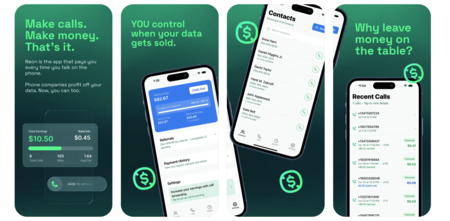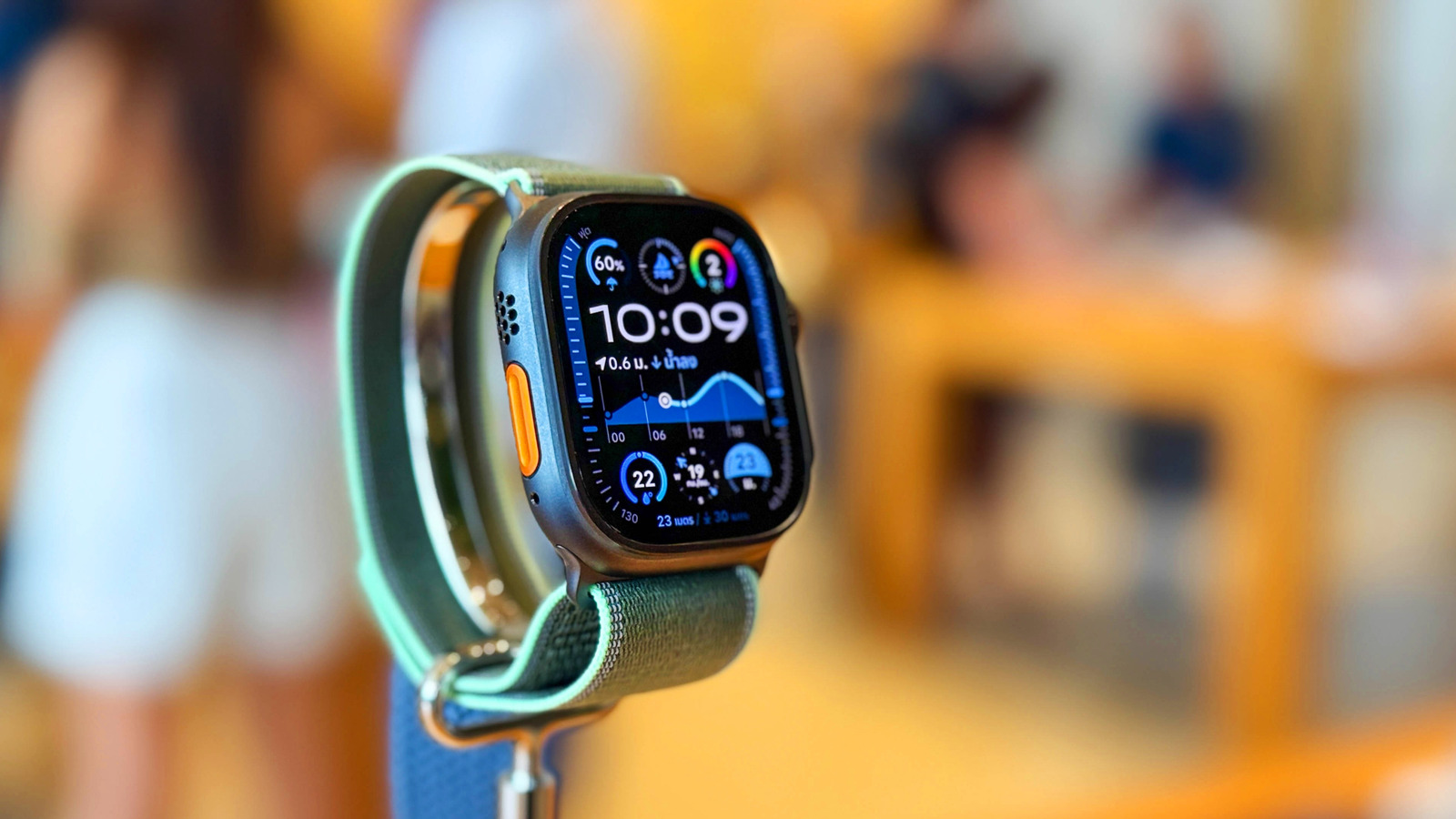The sale of personal data is not a hypothesis, it is an expanding reality. Just look at Spotify: recently a service appeared that paid those who delivered their profile and listening summaries to resell them to technological companies. The approach was as simple as disturbing, because it became something as innocent as our musical habits. Neon repeats the scheme, but transfers it to a much more sensitive terrain, telephone calls, where intimacy becomes the product.
We are talking about an app that decided to convert phone calls into the new digital gold. His proposal is direct: “Speak, record and charge.” It promises users to win “hundreds or even thousands of dollars a year” simply allowing their conversations to transform into training material for artificial intelligence systems. The hook worked. In a matter of days he went from irrelevance to be located within the first three positions in the Social Networks category in the United States App Store.
How neon works. The neon mechanism is designed for each call to translate into money. It promises to pay 30 cents per minute when two users of the app talked to each other, 15 cents if the call is with someone external and establishes a stop of 30 dollars daily. To this adds a referral system that offers 30 dollars for each new user. The recording, according to their policy, always affects the issuer and, when both used neon, to the two parties.
Conditions of use. Beyond payments, the true neon reach is in its terms of service. There the users give the company a “world, exclusive, irrevocable and transferable” license on their recordings. This permit includes rights to sell, modify, create derived works and distribute the audio in any format, present or future. To this is added a section of functions in beta, without guarantees or responsibility in case of failures. The amplitude of that assignment makes it difficult to foresee how far the use of the recordings can go.

Where is available and how popular it is. Neon’s initial success was as fast as unexpected. At the time of writing this article, it is number 2 of the most downloaded social applications in the United States App Store. The application, however, seems restricted to that market: in tests carried out from Spain is not among those available or allows its download.


The security failure. The story took an unexpected turn when a technical analysis revealed that Neon did not protect the information of its own users. As TechCrunch discovered, it is enough to create an account and review network traffic with a tool like Burp Suite to access others. Shortly after the notice, the founder closed the servers and sent an email announcing a pause ‘for security’, not to mention the filtration. What was exposed was especially delicate:
- Telephone numbers associated with accounts
- Public links to audio recordings
- Complete call transcripts
- Metadata with duration, date and payments obtained
Telephone numbers, recordings and transcripts are not accessible is not a minor failure. With this data, private conversations could be rebuilt and associated with specific people. The risks range from attempts to impersonate identity to the creation of synthetic voices.
What Neon says in front of what we know, Neon defends that their processes protect users: anonymity of conversations, elimination of personal information and sale only to reviewed companies. However, the ruling showed that these systems are not infallible. The official communication after temporary closure spoke of “adding extra security layers”, but omits to recognize the filtration.

Neon’s fall does not erase the background question: what Price does our intimacy have when artificial intelligence demands more and more data? The model to pay for calls can reappear in other forms and other markets, because the need to train systems will continue to grow. What happened in the United States is an early warning that we are not talking about science fiction, but about real proposals that already touch the user’s door. The decision, ultimately, is personal.
Images | WorldOfSoftware with Gemini 2.5 | Screen capture | Neon
In WorldOfSoftware | A new generation of robots promises precision and efficiency. It also opens the door to cyberspage risks









